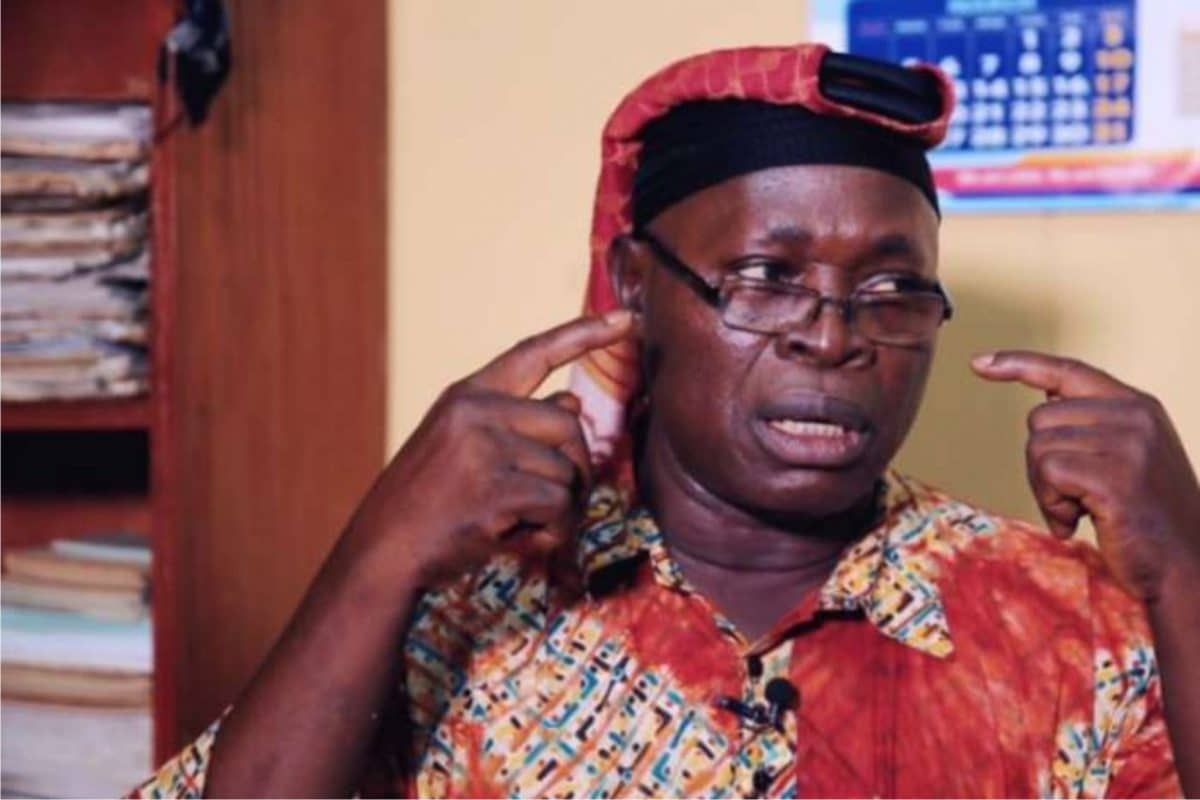The Muslim Rights Concern (MURIC) has asked the Catholic Bishop of Sokoto Diocese, Bishop Mathew Hassan Kukah, to recuse himself from the General Abdulsalami Abubakar -led National Peace Committee (NPC) over his Christmas message.
Daily Trust reports that mixed reactions have continued to trail Kukah’s Christmas message in which he said the country was on the verge of becoming a failed state under President Buhari.
- We’re denied 52-month pension in Nasarawa – Union
- Gov’ship: Why APC must win Anambra – Uzodimma, Umahi, others
MURIC’s Director, Prof. Ishaq Akintola, in a statement, said the pronouncements are inconsistent with the bishop’s status particularly as the secretary of NPC.
“We demand that Kukah should honourably recuse himself from the peace committee.
“Failure to do so will have a devastating effect of discrediting that committee.
“It will mean that the committee was set up in the first place for a partisan purpose,” Akintola said.
According to him, resigning from the NPC is the honourable thing for Bishop Kukah to do in view of the humongous allegation against him as a national peace committee needs wide acceptance from the general populace to function effectively.
But the Pentecostal Fellowship of Nigeria (PFN) has backed Kukah, saying he should not be used as a sacrificial lamb.
PFN President, Dr. Felix Omobude, who made the call while reacting to Kukah’s comment, urged Nigerians to desist from attacking the cleric.
“He spoke truth to power and it was the minds of most Nigerians. He is not a hater of government but lover of truth. I stand wholeheartedly on his views,” he said.
On the second wave of COVID-19 pandemic, PFN urged Nigerians to take full responsibility by adhering to safety protocols.
Also, a social justice and peace advocate, Rev. Gideon Para-Mallam has urged the presidency to listen to the spirit of the homily delivered by Kukah, adding that the cleric spoke for millions of Nigerians both Christians and Muslims in all regions of the country.
Para-Mallam said the call by Bishop Kukah should be a cause for soul searching and change of approach to governance rather than “the futile and infantile invectives and vituperations it is receiving from official quarters and their paid pipers.”

 Join Daily Trust WhatsApp Community For Quick Access To News and Happenings Around You.
Join Daily Trust WhatsApp Community For Quick Access To News and Happenings Around You.


